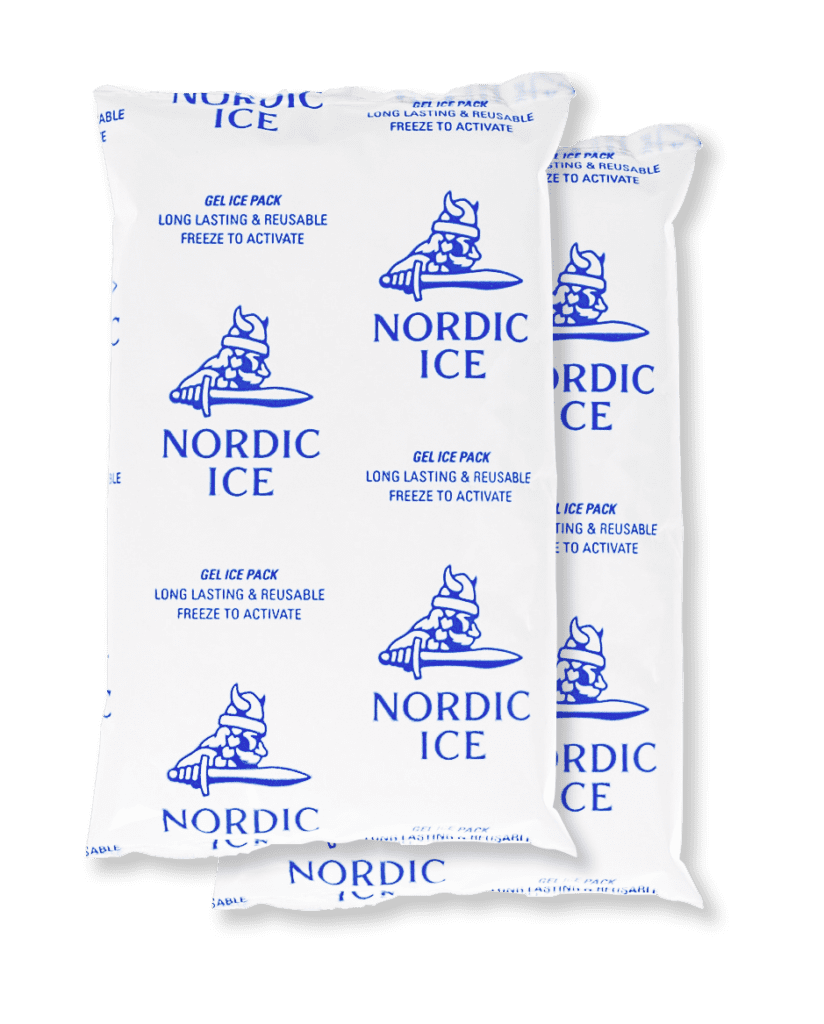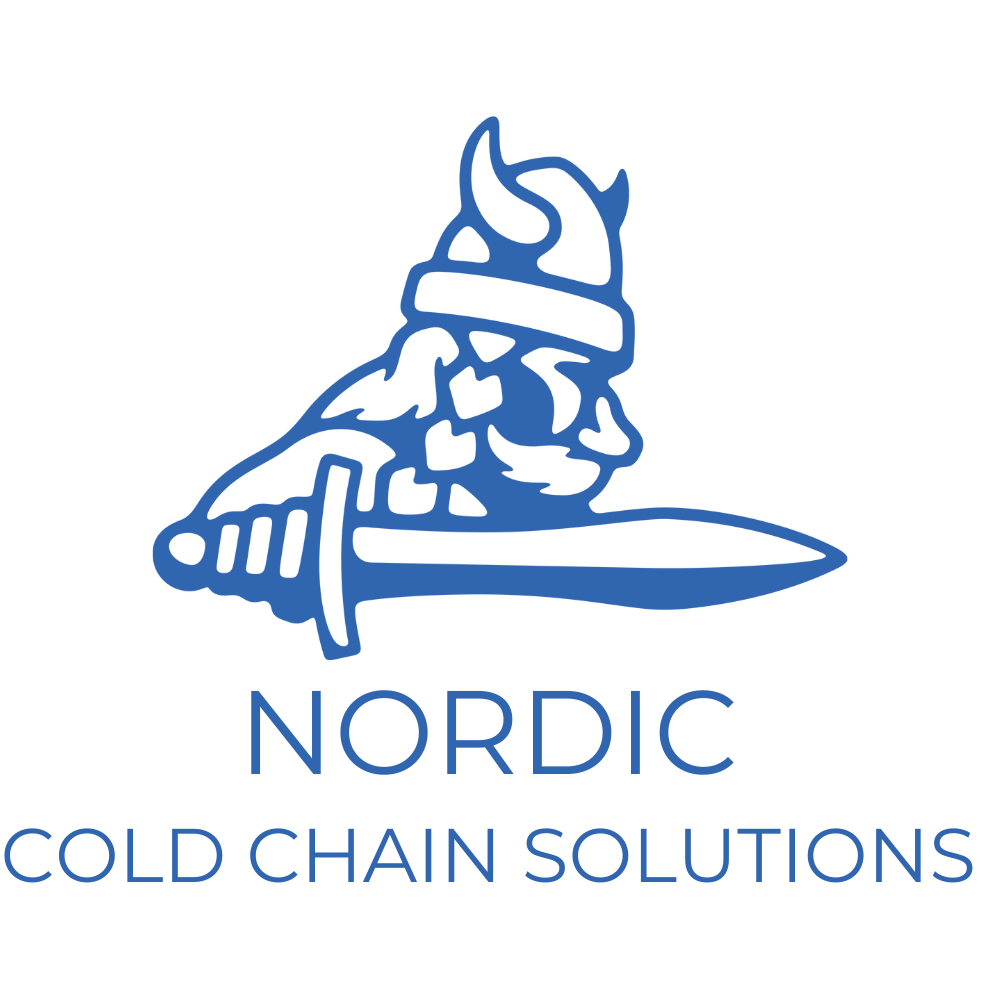In the specialty food industry, ensuring that products reach consumers in prime condition is essential, but so is minimizing the environmental impact of these processes. As businesses increasingly focus on sustainability, the spotlight turns to how each component of the supply chain can contribute to greener practices. One such component, conditioned gel packs, commonly used for temperature control during transit, is transforming with new materials designed to reduce environmental footprints. This article delves into the sustainability aspects of these gel pack materials and showcases how specialty food businesses can benefit from integrating these solutions.
The Importance of Sustainability in Logistics
For specialty food companies, a product’s journey from production to plate is fraught with challenges, not least maintaining the perfect temperature to preserve quality and safety. However, the environmental cost of achieving this has become a significant concern. Traditional cooling solutions often rely on materials that are difficult to recycle and can harm the environment. As a result, the industry is moving towards solutions that perform effectively and uphold the company’s commitment to sustainability.
Advancements in Gel Pack Materials
Recent advancements in gel pack technology have led to the development of materials that are not only more efficient but also environmentally friendly. These new gel packs use biodegradable or non-toxic gels encased in recyclable or compostable materials. The shift from petroleum-based gels to plant-based or bio-based alternatives marks a significant step towards reducing the ecological impact of these products.
Their reusability enhances the sustainability of these gel packs. Many modern gel packs are designed to withstand numerous freeze-thaw cycles without degradation of performance or structural integrity. This durability encourages reuse, thereby reducing the need for frequent

The Broader Benefits
By adopting these environmentally friendly gel packs, businesses can enjoy several advantages. There’s an apparent reduction in the environmental impact, aligning with global efforts to combat pollution and climate change. Economically, companies might find that investing in sustainable technologies can lead to cost savings in the long run through reduced waste management costs and enhanced customer loyalty from increasingly environmentally aware consumers.
Moreover, these sustainable practices can serve as a significant differentiator in the marketplace, appealing to a broader base of consumers and ensuring compliance with increasingly strict international standards and regulations.
Moving Ahead
As the specialty food industry continues to grow, so does the responsibility to innovate in ways that respect and protect our planet. Conditioned gel packs with environmentally friendly materials represent one of the many advancements contributing to a more sustainable logistics process. Companies adopting these technologies protect their products and lead the global shift toward sustainability.







